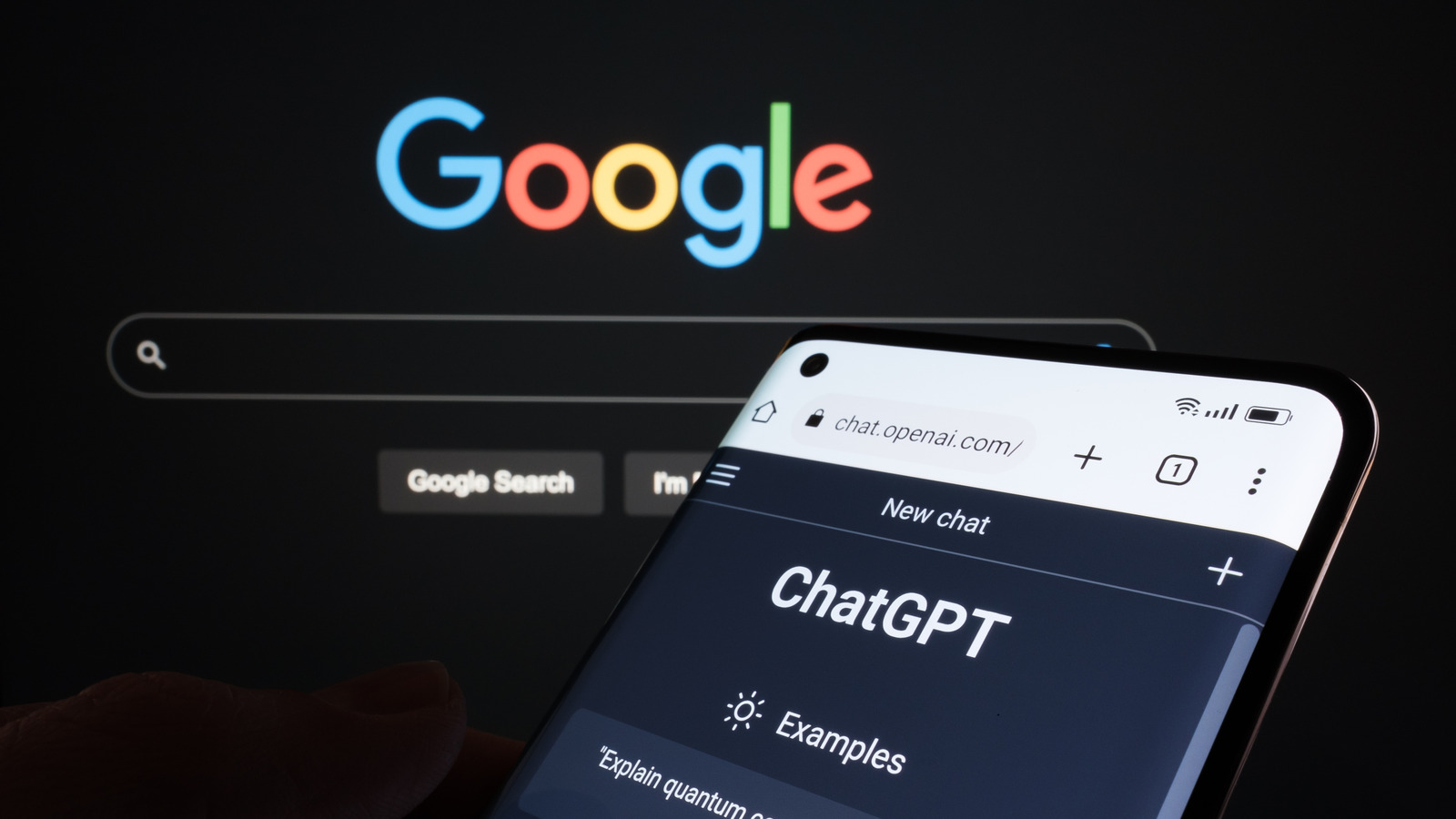ChatGPT And Other AI Tools Have Little Impact On Google Search Traffic, Claims Google – bgr.com

The relatively recent proliferation of advanced AI tools is reshaping the landscape not just for creators, but also for publishers. After all, if more and more people use services like ChatGPT to discover information, that necessarily leads to fewer and fewer people clicking on search links and visiting websites. The end result, in this scenario, is drastically lower advertising revenue for Google. Some websites like The New York Times, for example, have observed an 8% decline in traffic coming from organic search. Meanwhile, ChatGPT is currently seeing more than 2.5 billion queries every single day.
What’s more, Google itself isn’t a hapless bystander in the AI revolution. For some time, Google has provided users with an option to view AI-generated answers to their queries. In light of all this, many have speculated that Google’s search dominance and influence, for the first time in two decades, might be waning. A new blog post from Google’s search team, however, suggests otherwise.
Earlier this week, Liz Reid, who serves as head of Google Search, published an article articulating that Google hasn’t seen any decline in organic search or clicks to third-party publishers. In other words, Google maintains that its search engine and advertising business are still running smoothly.
According to Reid, the volume of users clicking on search links has remained more or less the same over the last year. Reid also writes that “we’re actually sending slightly more quality clicks to websites than a year ago (by quality clicks, we mean those where users don’t quickly click back…)”
So, how does one reconcile the growing popularity of AI with Google’s aforementioned search data? Well, the answer is a bit nuanced. As Google tells it, the company is not suffering from the advent of AI, but rather benefiting from it. While there’s no doubt that ChatGPT has replaced Google for some users, it’s likely that these users represent a incredibly minuscule slice of Google’s overall user base.
For one, the advent of AI has seen an increase in the overall number of search queries. Rather than scour the web for answers or accurate summaries, users can now let AI do the heavy lifting. Google’s own AI, in turn, benefits from this dynamic. Second, Reid writes that many people who use Google’s AI Overviews ultimately click on the links that the AI answers are based on. This is especially true, Reid notes, when users are looking into a complex issue or looking to make a purchase.
The latter point certainly makes sense. Imagine, for example, you’re researching the highest-rated vacuum cleaners. You might use AI to help you figure out what type of features you need in a vacuum and a list of reputable brands. That’s all well and good, but after all that, you will likely click on a link from Google to make a purchase. All of this assumes, of course, that you’re using Google’s own AI as opposed to rival AI chatbots like ChatGPT and Claude.
As for reports that some websites are experiencing a decline in traffic, Reid writes that other websites are likely seeing an increase in traffic: “People are increasingly seeking out and clicking on sites with forums, videos, podcasts, and posts where they can hear authentic voices and first-hand perspectives. People are also more likely to click into web content that helps them learn more — such as an in-depth review, an original post, a unique perspective or a thoughtful first-person analysis. Sites that meet these evolving user needs are benefiting from this shift and are generally seeing an increase in traffic.”
In other words, Google seems to be implying that sites that provide high quality content will be able to better manage and take advantage of the AI revolution without experiencing any discernible decline in traffic.